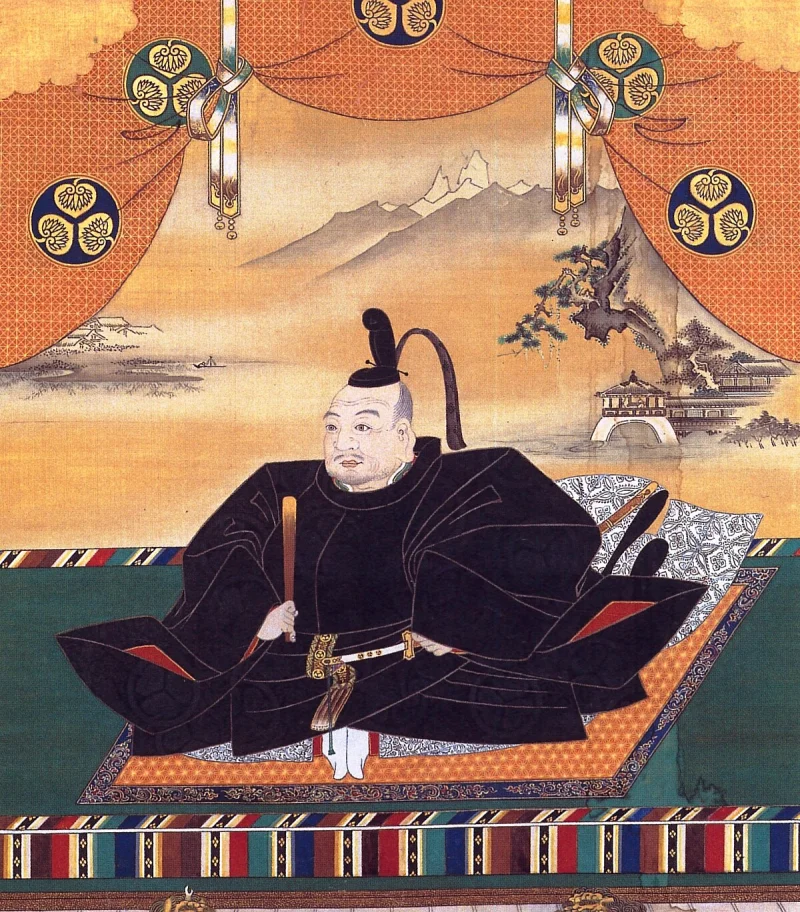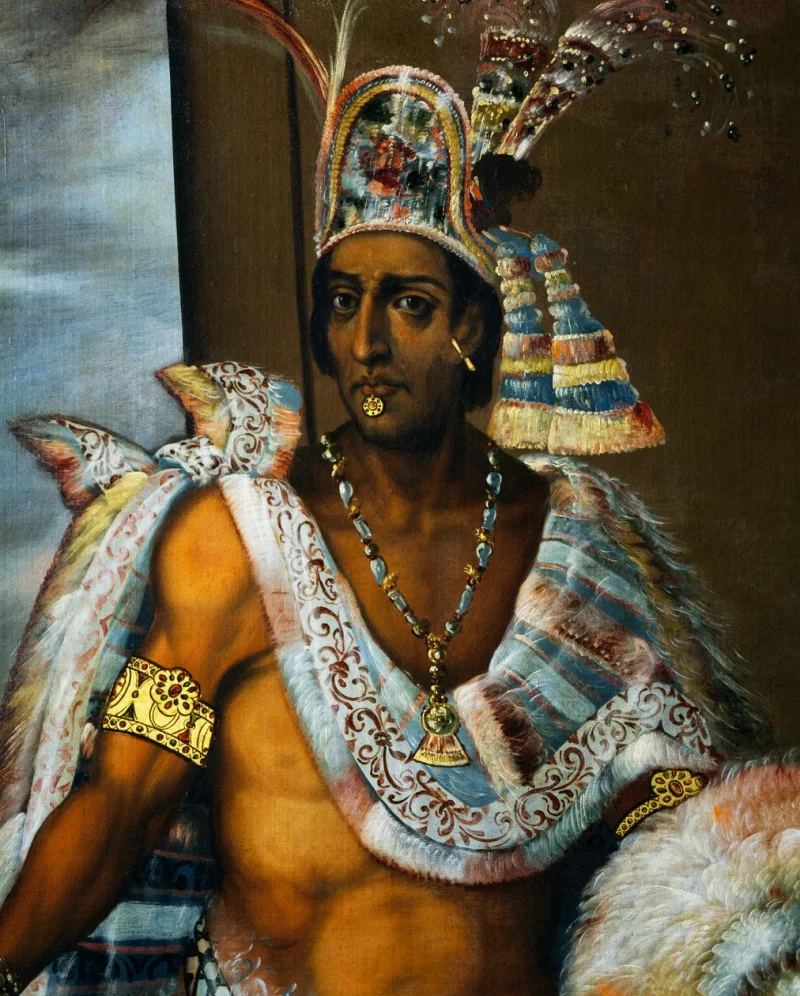Short Summary
Dom Pedro I was the first Emperor of Brazil and played a pivotal role in the country's independence from Portugal. Born into the Portuguese royal family, he is best known for declaring Brazil's independence in 1822 and subsequently becoming its first ruler. His reign marked the beginning of a new era in Brazilian history, characterized by significant political and social transformations. Dom Pedro I is remembered for his decisive leadership during a critical period in Brazil's development.
Early Life & Education
Pedro de Alcântara Francisco António João Carlos Xavier de Paula Miguel Rafael Joaquim José Gonzaga Pascoal Cipriano Serafim was born on October 12, 1798, in the Royal Palace of Queluz in Portugal. The son of King John VI of Portugal and Queen Carlota Joaquina, he grew up during a turbulent time marked by the Napoleonic Wars. His early education was informal, relying heavily on private tutors, and he was well-versed in a variety of subjects, including languages and military strategy. The political turbulence of his childhood, including the family's relocation to Brazil in 1808, significantly influenced his perspectives on governance and leadership.
Career Highlights
Dom Pedro I's career was marked by significant milestones that shaped the future of Brazil. In 1821, as tensions between Brazil and Portugal escalated, he was appointed as Prince Regent of Brazil. On September 7, 1822, he declared Brazil's independence from Portugal, famously stating, "Independência ou Morte!" He was crowned Emperor of Brazil on December 1, 1822, and implemented a constitutional monarchy, which laid the groundwork for Brazil's political system. Despite his eventual abdication in 1831, his reign set the stage for modernization and reform in Brazil, leaving a lasting impact on the nation's political landscape.
Major Achievements
- Declared Brazil's independence from Portugal in 1822, establishing the nation as a sovereign state.
- Served as the first Emperor of Brazil from 1822 to 1831, implementing constitutional governance.
- Promoted modernization and reform, laying the foundation for Brazil's future development.
- Contributed to the establishment of Brazil's political and economic independence.
Famous Quotes
- "Independência ou Morte!"
- "If Brazil must remain a part of Portugal, I would rather be a part of Brazil than a part of Portugal."
Interesting Facts
- Dom Pedro I was also known as "the Liberator" for his role in Brazilian independence.
- He abdicated the Brazilian throne in favor of his son, Dom Pedro II, in 1831.
- After abdicating, he returned to Portugal and played a role in the Liberal Wars.
- He was a talented musician and composed several pieces of music.
- He died at the age of 35 in 1834, in the same palace where he was born.
Legacy / Influence
Dom Pedro I's legacy is deeply ingrained in Brazilian history. His decisive actions during the independence movement and subsequent reign as Emperor helped to establish Brazil as a sovereign nation with a constitutional monarchy. His influence is evident in Brazil's political evolution and modernization efforts, making him a central figure in the country's path to becoming a key player on the global stage. His legacy continues to be celebrated in Brazil as a symbol of independence and national identity.
FAQ
Q: Why is this person famous?
A: Dom Pedro I is famous for declaring Brazil's independence from Portugal and becoming its first Emperor.
Q: What was his most significant achievement?
A: His most significant achievement was leading Brazil to independence in 1822.
Q: What happened after he abdicated the throne?
A: After abdicating, he returned to Portugal and participated in the Liberal Wars.
Q: What was his impact on Brazil's governance?
A: He established a constitutional monarchy, which influenced Brazil's political system.










